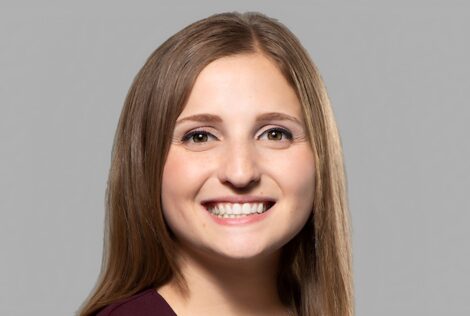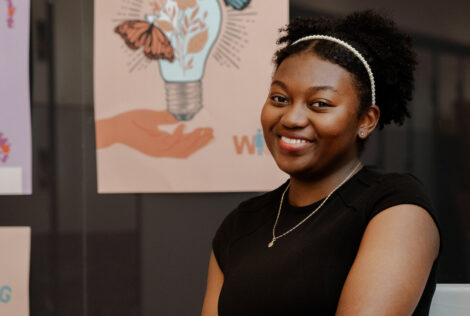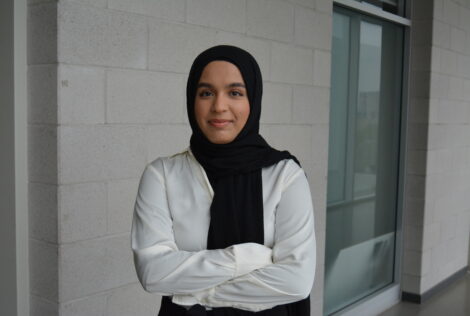
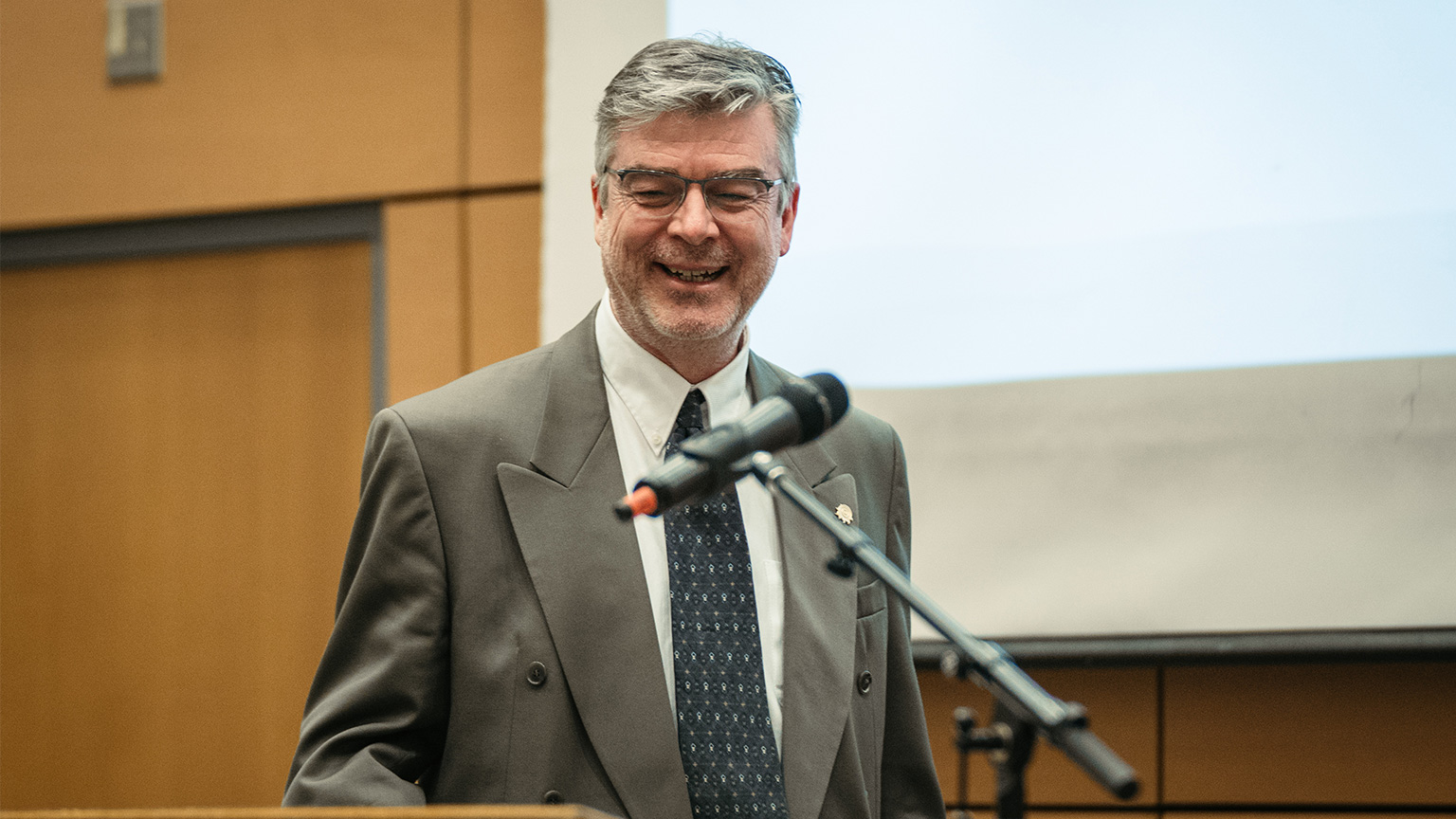
If you’ve ever heard a booming voice discussing graduate studies in the John Hodgins Engineering Building, there’s a good chance it was Mike Thompson. His passion for supporting graduate students in McMaster Engineering is palpable.
After over 10 years as the associate dean of graduate studies, Thompson’s two-term tenure is ending. With its closure, Thompson will be exiting a long-running game of parkour – leapfrogging from topic to topic out of necessity to address a smorgasbord of decisions.
“This may surprise people, but I’m a lot calmer than I was ten years ago,” he laughs.
“You might think the opposite, but whenever there’s always another problem, another fire, you start realizing that none of them really are that disastrous – the ground doesn’t fall away, and there’s always a solution. It just sometimes takes a bit longer to get to that solution.”
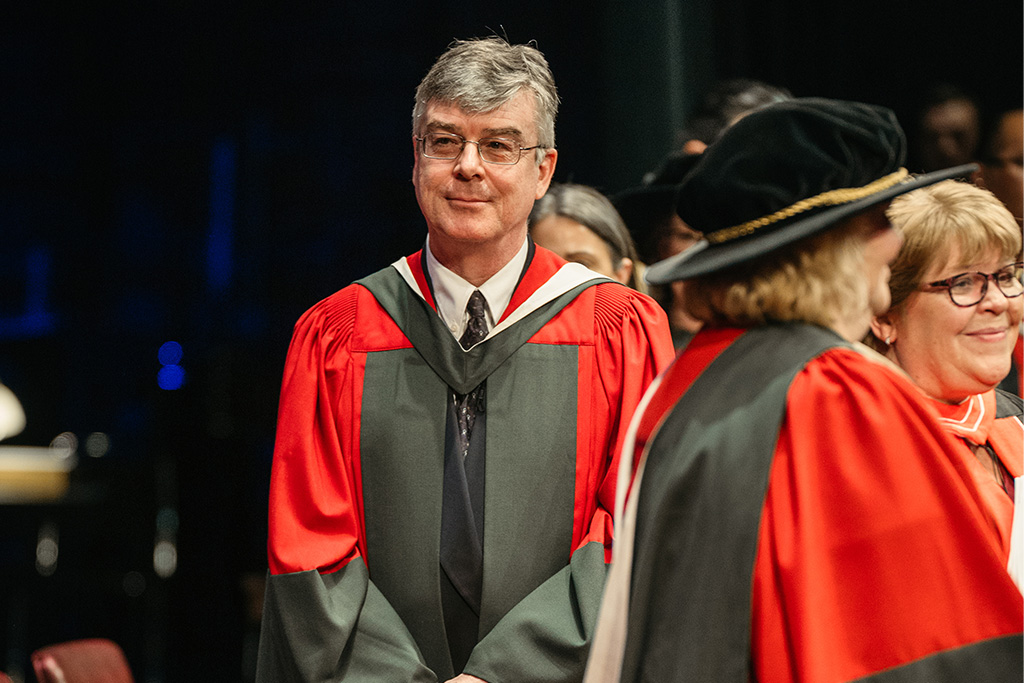
Thompson is only the second associate dean to solely focus on graduate studies in the faculty. He took on the role at a time of transformation and growth.
During Thompson’s tenure, the number of graduate students in the Faculty of Engineering has nearly doubled to 1,200. While building McMaster’s reputation, Thompson stressed the importance and sometimes difficult balance of attending to a high volume of work and leading with empathy.
“The individual can’t get lost in the mix. You still have to try everything you possibly can to help students and to understand their viewpoint,” he says.
Thompson relishes the opportunity to get back to the lab and be closer to his own graduate students, all the while reflecting on how his experience can help future policy. Kathryn Grandfield, associate professor and associate chair (graduate) in materials science and engineering, will start her five-year tenure in July.
Below, Thompson shares his thoughts on graduate studies and preparing our students for the future.
When you reflect on the totality of your tenure, what stands out to you?
Having the respect of the faculty as a whole has helped make this position a little bit smoother. It’s also helped me to get quicker answers back to people. That’s always been one of my main objectives is to not leave people too long without an answer, whether that’s a student or a faculty member. That’s always been one of my drivers as well as one of my frustrations when I could not achieve that.
You just need to try and make sure that you’re being compassionate as much as you possibly can, that you’re hearing the concerns and you go off and make a decision. That’s what this role is. You’re making decisions every day, every hour.
What initiatives are you most proud of?
A stellar co-op program
We established a very unique co-op system at graduate studies – one that’s not mirrored practically anywhere else around Canada, save University of Victoria, still to this day. That has really been very eye-opening to me; the hunger for industry for these individuals once they’ve figured out what a PhD student is, and also what industry’s interest has brought to us. The fact that we’ve had numerous companies grow their involvement with us, big names like Tesla, Google, Meta. They’ve become regulars, coming into our office saying “who you got next. We want more.”
It was important to me, and it very much aligned with my deep passion to include more professional development.
I’m really happy and very proud of how it’s been blooming and flourishing each year.
The Engineering Graduate Society
I’ve very proud of being involved with how the EGS got started. I don’t want to claim credit for that – it was three very active students that approached me; we sat down and we thought through how we could create a faculty society. When I see the improvements of the overall environment for students, the happiness of our students, the greater sense of community that has evolved from the EGS, I’m very proud of what they’ve been able to accomplish. I’m very happy that I was involved in the beginning to see that come to be.
What makes graduate studies such an integral part of the Faculty of Engineering and McMaster University?
We are one of the most research-intensive universities in Canada, and most graduate students are actively contributing to that reputation. The uniqueness of a student on the research side is the impact of the relevance of supervision. It’s very different than the experience of what an undergraduate student would get. On the research side, the knowledge that is generated comes from an apprenticeship-like environment. That’s a distinctive element – the impact of supervision bolsters what we’re trying to accomplish with these learners.
We have also gotten a lot stronger in our course-based graduate degrees during my tenure, such as those in our School of Engineering Practice and Technology. These students aren’t interested in research, rather upskilling but they too benefit from the conscientious mentoring given on projects with dedicated faculty and interesting community partners.
What do you hope progresses within graduate studies?
I want to see continued progress with co-op and the EGS to be supported as much as they can, so it can be the entity I know it can be.
One of the things I’ve been very happy with and proud of over my years is that we were able to bring together a lot of the associate deans from around Ontario. A colleague and I established a group where we no longer think of ourselves as competitors; we think of ourselves as collaborators, colleagues. I’m hoping that my successor will cherish what we’ve established as much as I have. It does give you a sense that you’re not alone.
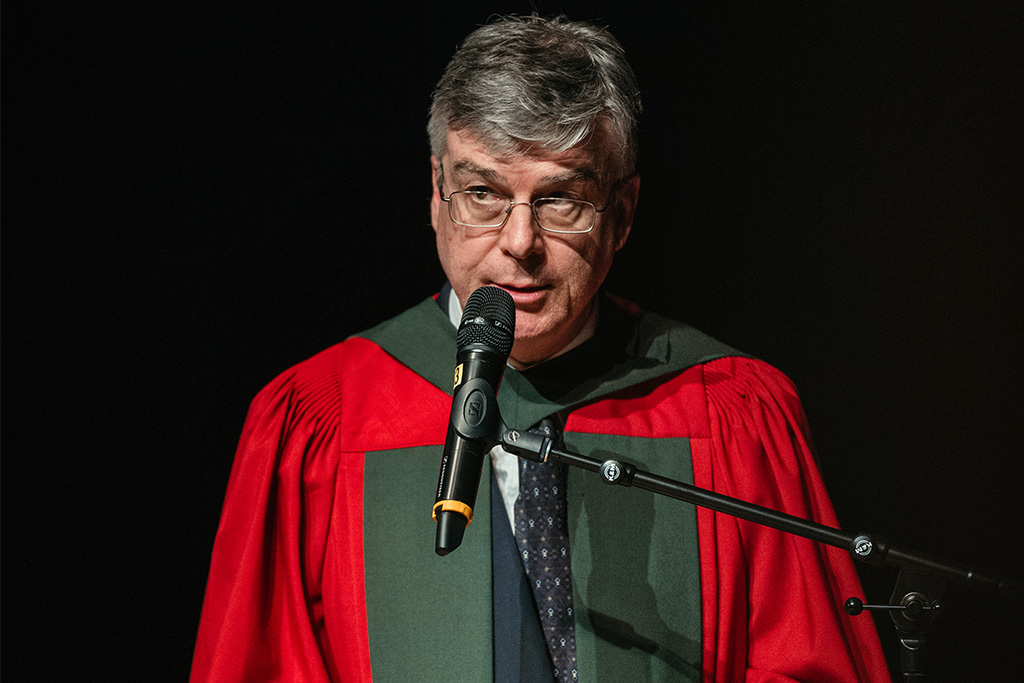
What great change in postsecondary education have you observed?
We are no longer creating Mini-Mes; we’re not educating people to be our replacements. We are educating people to be in industry so we need to really help our students to get ready for the next job or next part of their life when they start their career. I think we’re doing better all the time with that, but I also think we need to continue to improve ourselves.

